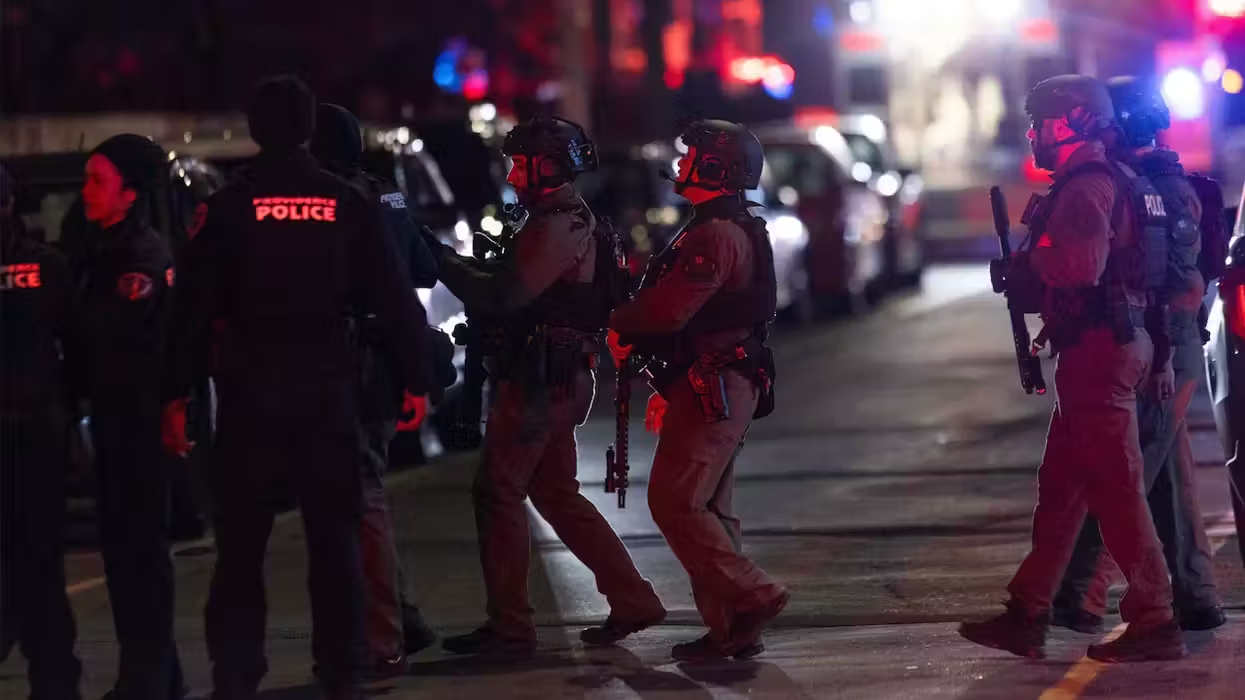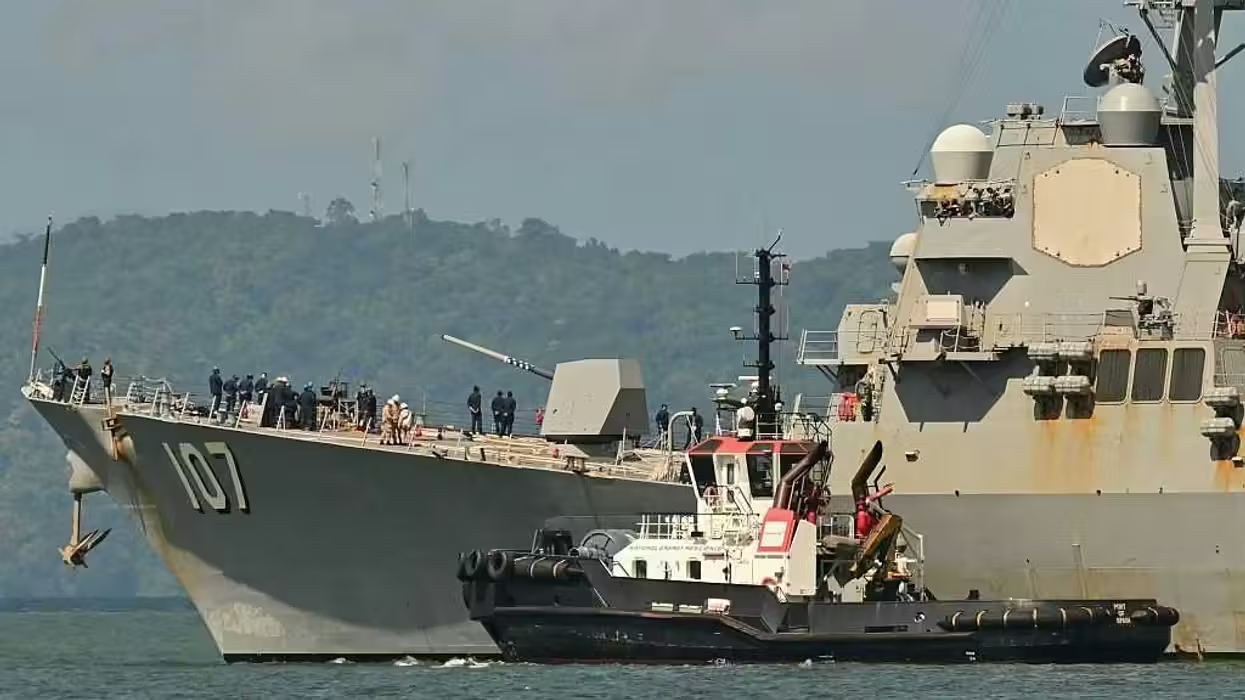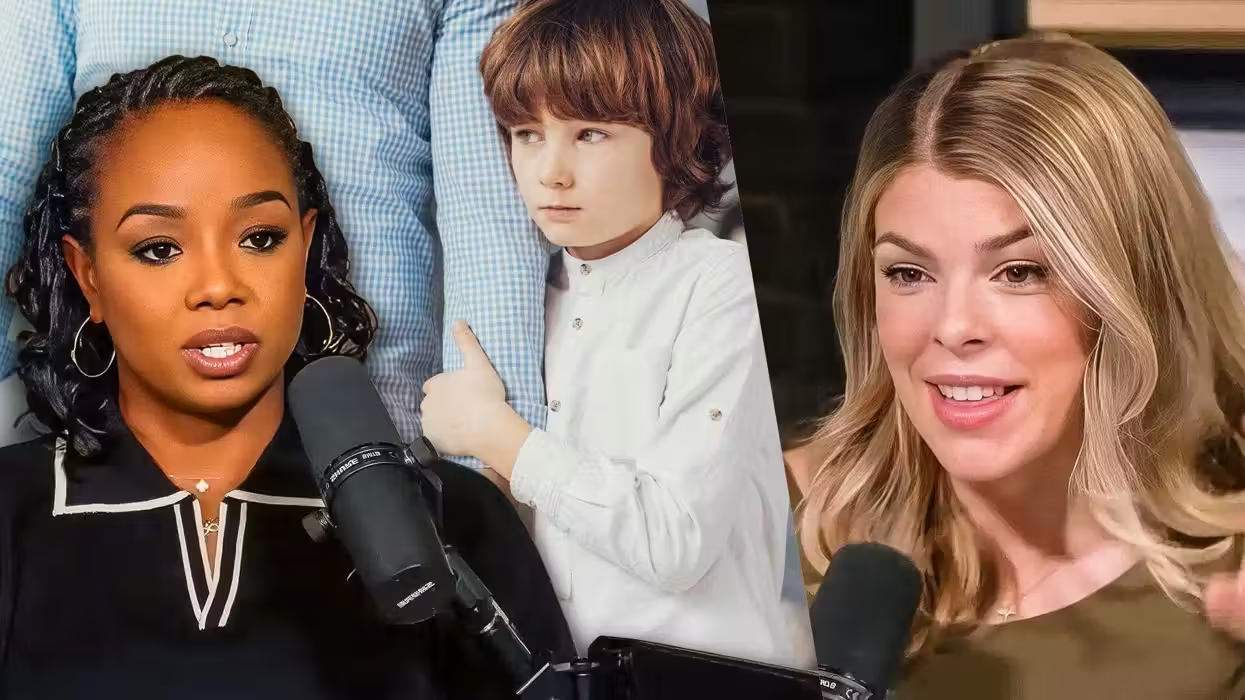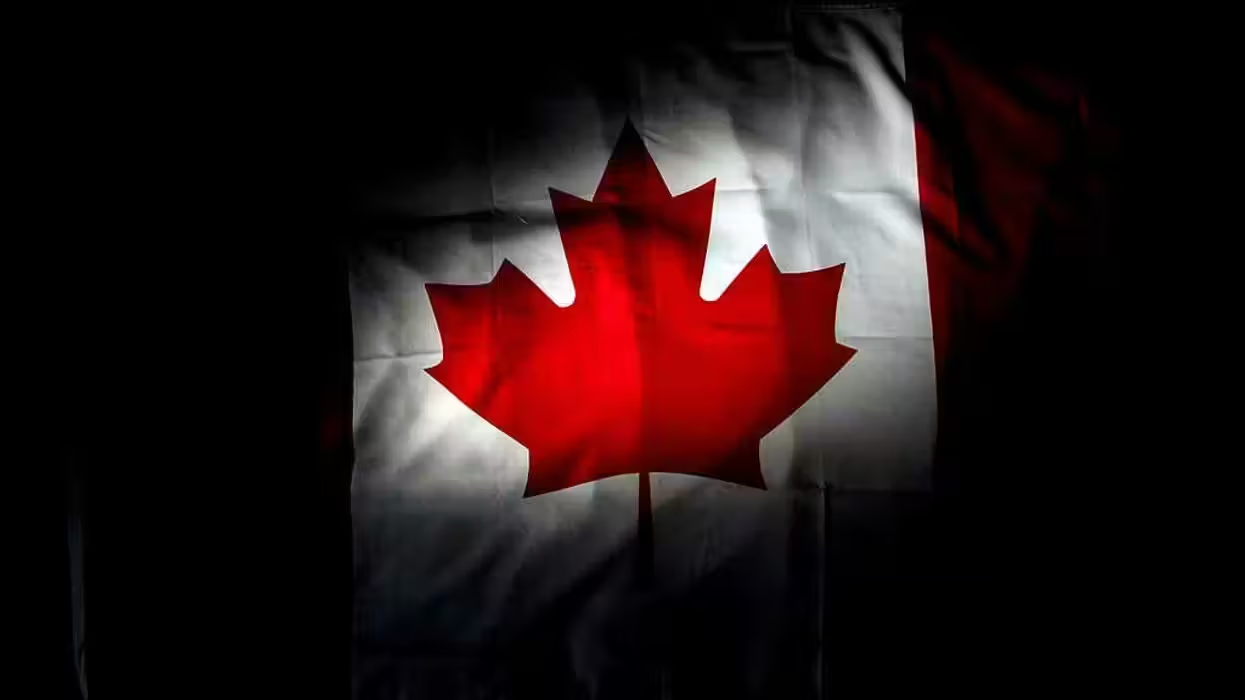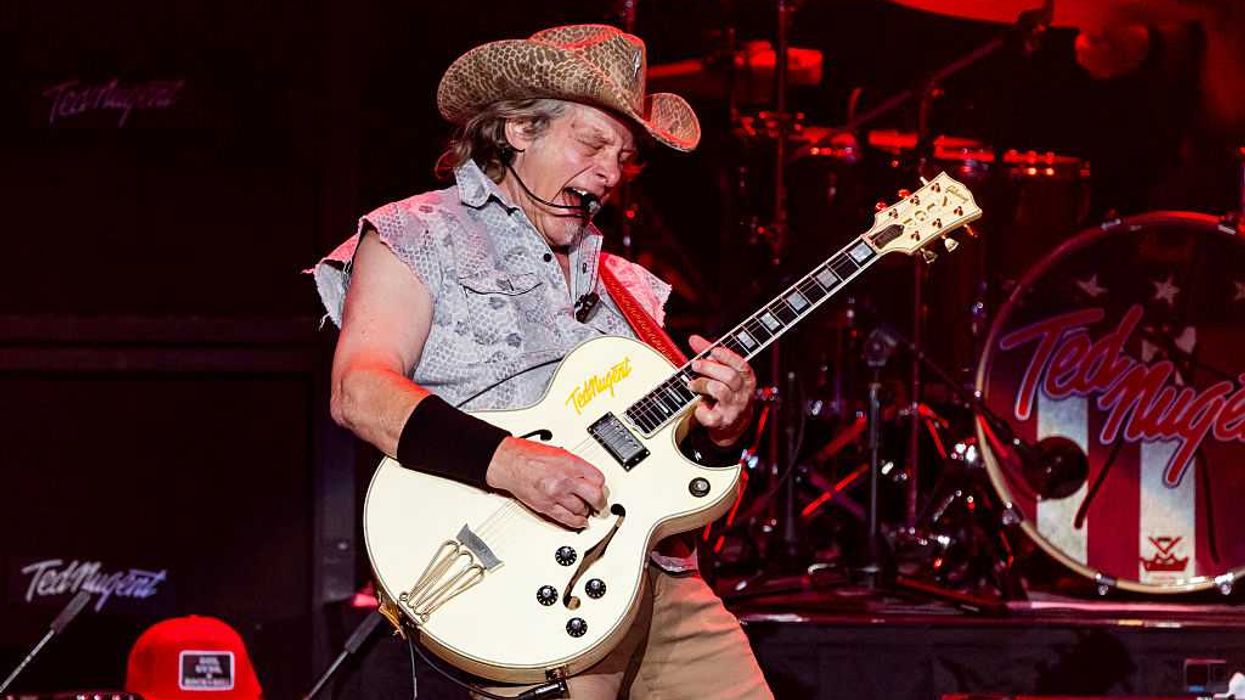Story by the Associated Press; curated by Dave Urbanski
BOSTON (AP) — A marriage equality group says Boston's St. Patrick's Day parade is easing its two-decade ban on gay organizations.
A MassEquality official said Saturday a group of gay military veterans can march under its banner in a tentative deal brokered by Boston Mayor Martin Walsh. But marchers from the gay-rights group would not be allowed to wear clothing or hold signs that refer to sexual orientation.
Negotiators will work out final details in the coming week.
Walsh had threatened to boycott the city's annual parade unless gay groups are allowed to march. He met parade organizers Saturday and hopes that a solution that works for all involved.
A message left for a parade organizer was not immediately returned.
"The LGBT community faces many challenges more significant than this parade, but the parade has been historically been the symbol of those challenges that we face," MassEquality Executive Director Kara Coredini said. "It's been 20 years since openly LGBT people have been able to march in this parade."
 Mayor Martin Walsh speaks to reporters in Boston on Thursday, Feb. 27, 2014. (Image source: AP/Elise Amendola)
Mayor Martin Walsh speaks to reporters in Boston on Thursday, Feb. 27, 2014. (Image source: AP/Elise Amendola)
The Boston parade, sponsored by the South Boston Allied War Veterans Council, draws an estimated one million spectators to South Boston every year and has had a long and torturous history on the question of whether gay groups can march.
State courts forced the sponsors to allow the Irish-American Gay, Lesbian and Bisexual Group of Boston to march in the parade in 1992 and 1993. In 1994, the sponsors canceled the parade rather than allow the group to participate.
In 1995, the sponsors made participation by invitation only and said the parade would commemorate the role of traditional families in Irish history and protest the earlier court rulings. But several months later, the U.S. Supreme Court ruled unanimously that Massachusetts courts had previously violated the parade sponsors' First Amendment rights when they forced them to allow the gay group to participate.
Walsh's predecessor, Mayor Tom Menino, boycotted the parade after the Supreme Court ruling.
The parade has traditionally honored Irish-Americans and also celebrates "Evacuation Day," George Washington's victory that forced British troops out of Boston in 1776.

 Mayor Martin Walsh speaks to reporters in Boston on Thursday, Feb. 27, 2014. (Image source: AP/Elise Amendola)
Mayor Martin Walsh speaks to reporters in Boston on Thursday, Feb. 27, 2014. (Image source: AP/Elise Amendola)

